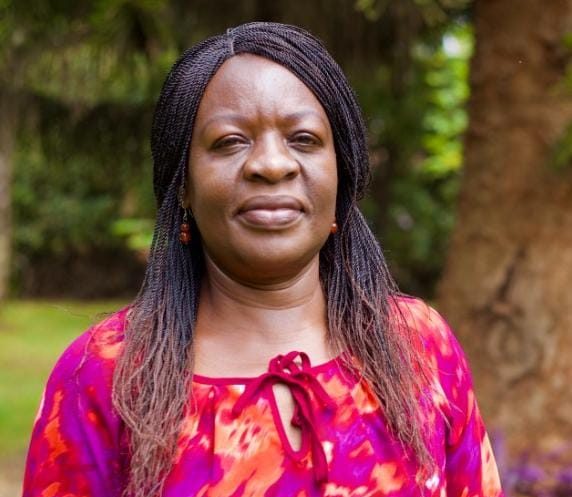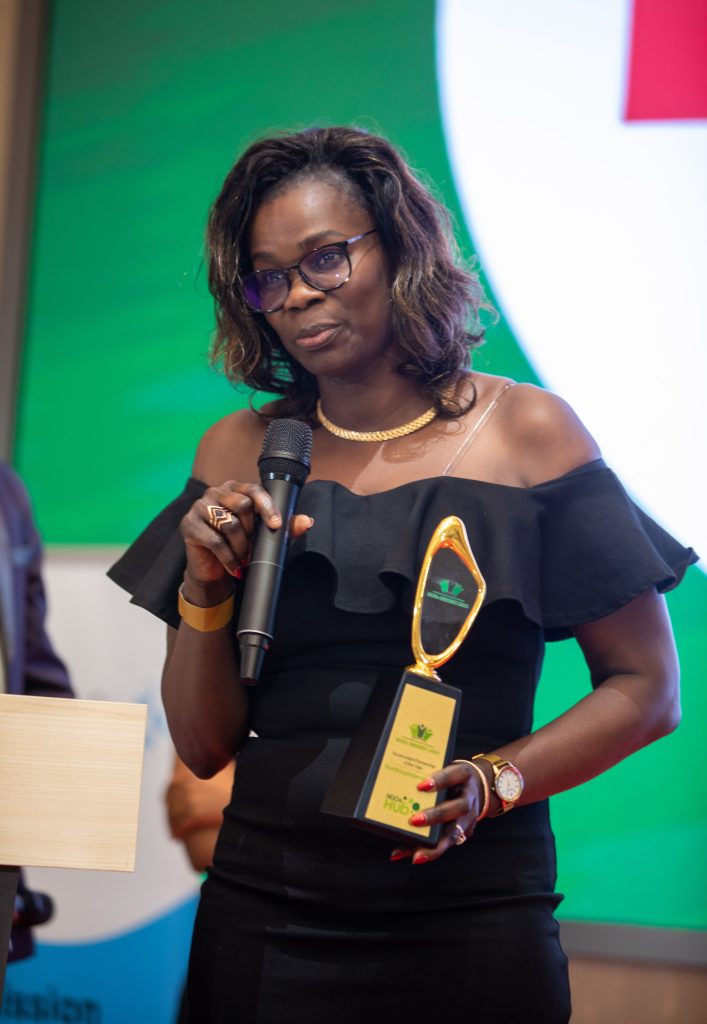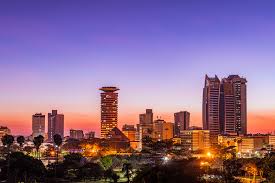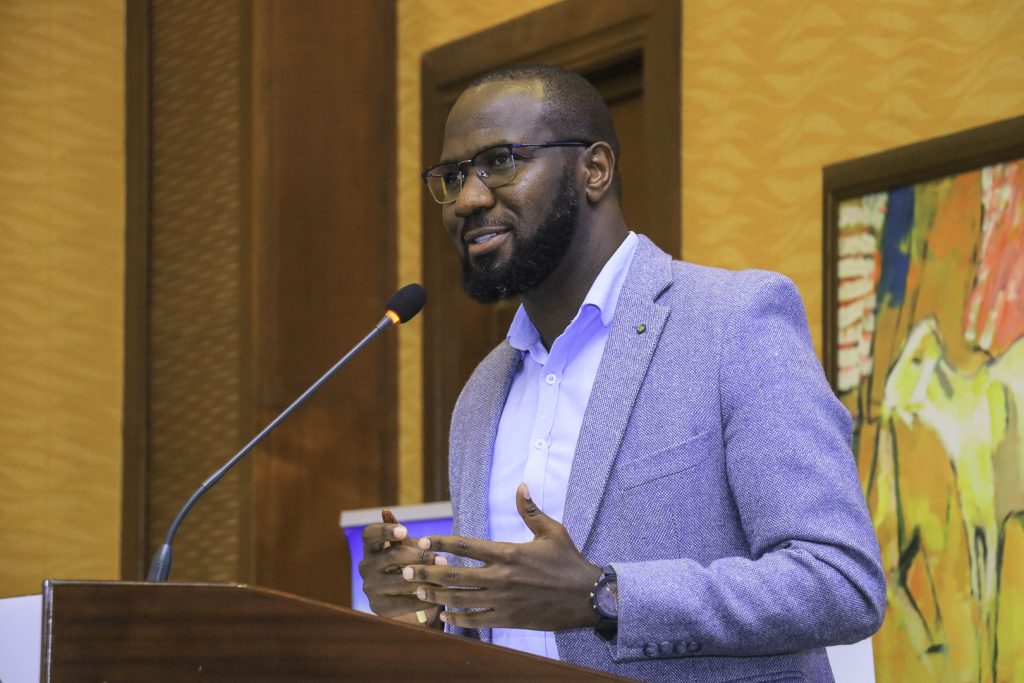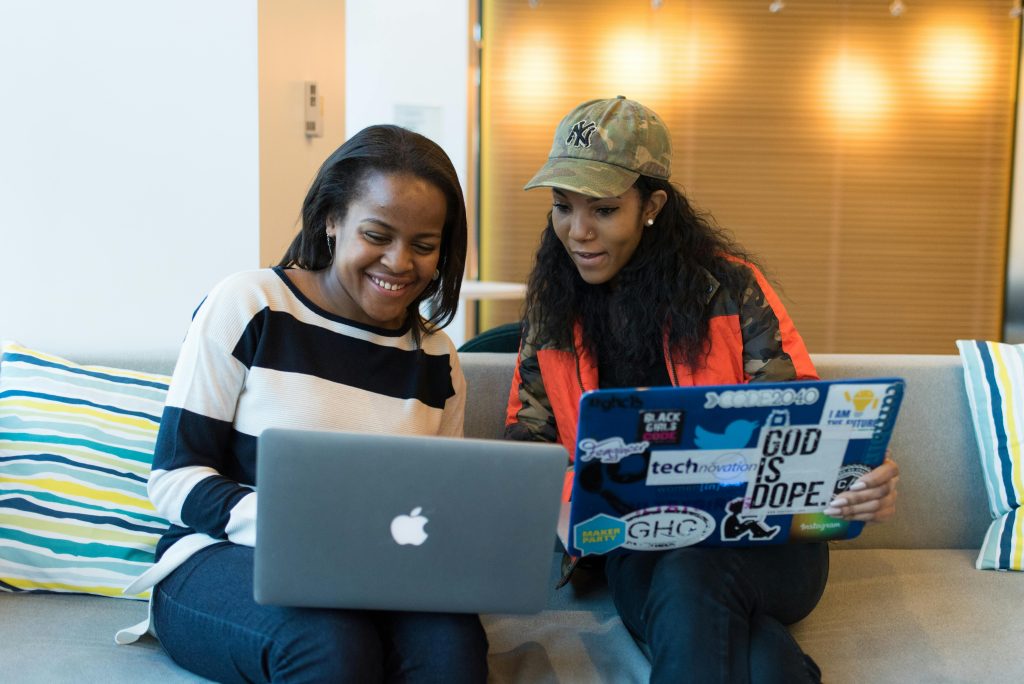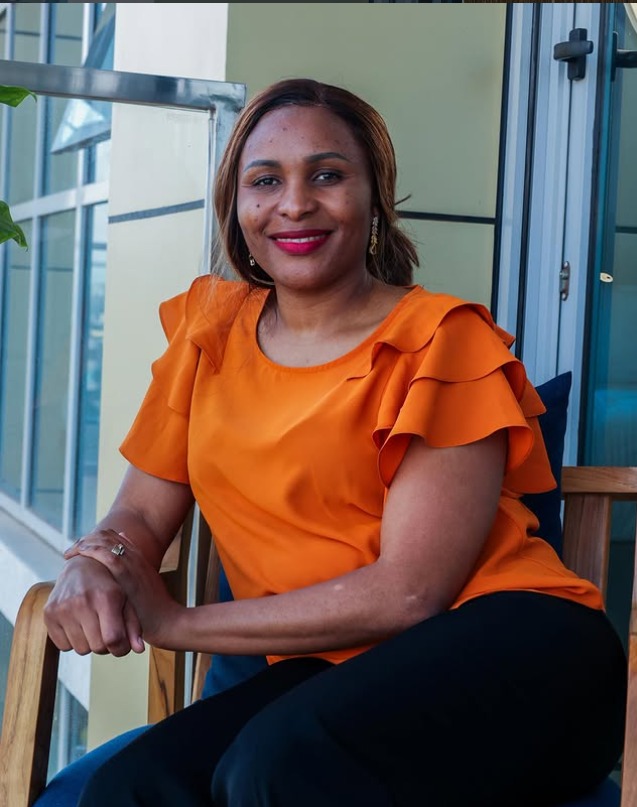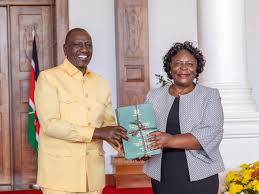By Wahome Ngatia
We met Elizabeth Obanda in Kitengela at GMC Place. Kitengela is far. I’m not distance shaming but for you to arrive there you will have to power through significant delays caused by traffic jams and chaos along Mombasa rd. The expressway will help a little bit but it ends at Mlolongo and you join the torture of the road.
Once you arrive at Kitengela, if you’re using public transport, you have to alight the matatu and board a tuk tuk to get to GMC. Nevertheless the journey was worth it. The delays were worth it because we needed to sit with Elizabeth and hear her conquest of the NGO world. She is an educated woman full of confidence and zest for life. But also humble.
Despite our arriving nearly an hour late — traffic again — Elizabeth greets us warmly. It’s striking, considering her role as UN Women’s head of Women’s Economic Empowerment at the Kenya Country Office, where every minute counts. That small act of grace says as much about her leadership as her résumé does.
From a Kitchen Table to Kenya’s Tea Industry
Elizabeth’s journey began humbly. In the late 1990s, she and her husband were living in Kericho. Armed with a degree in Food Science and Post-Harvest Technology from JKUAT, she was searching for a foothold in the job market. Her husband worked at the Tea Research Foundation of Kenya (TRFK), and together, they saw an opportunity in Kenya’s tea industry.
At a time when Ketepa dominated the market, Elizabeth dreamt of a homegrown brand that could rival it in quality. She converted her garage into a small factory and launched Luanda Fine Tea — named after her home area, Luanda. The business gained early traction, but scaling proved difficult. Wholesalers paid with postdated cheques, and when a major client vanished without clearing debts, the company collapsed.
It was a painful setback — yet, as she would later learn, every detour in her life became a doorway.
A Turning Point: Finding Purpose in the NGO World
Soon after, fortune knocked again. Michigan State University was researching the challenges smallholder farmers face in accessing retail markets. Elizabeth joined the Kenyan research team, working to connect farmers with supermarkets and finance institutions. The experience lit a fire within her.
“Working with smallholder farmers pushed me into wanting to contribute,” she recalls. “That’s when I thought of working in the NGO world. NGOs act as the bridge that fills the gaps in the community.”
An opportunity soon followed — a Kisumu-based NGO was hiring a Program Manager for Livelihoods. The job required a master’s degree and years of experience in the NGO world. Elizabeth had neither, but she applied anyway. After two rounds of interviews, she was one of two finalists. Her competitor — a man pursuing a PhD — seemed the obvious choice.
Then came her defining moment.
“The director told me he was impressed but could only offer a consultancy,” she laughs. “I told him, ‘They don’t come better than Elizabeth. I’m the best one for that position.”
A week later, she got the job.
Her results spoke volumes. She linked local farmers to international buyers, spearheaded the planting of a million trees in a year. It won a partnerships award in 2006, and within twelve months was promoted to Deputy Country Director. From there, she joined FARM Africa, where her fundraising success broke records across East Africa.
The Resilience of Reinvention
In 2017, she was set to join USAID as a Resilience Expert for the Horn of Africa. Then came the Trump administration’s funding freeze — and the offer evaporated overnight. It could have been another crushing blow, but Elizabeth pivoted again.
She joined the Aga Khan Foundation, initially leading Rural Development and Sustainable Development Goals alignment, later expanding her portfolio to include Gender and Environmental Sustainability. The new role inspired her to pursue a master’s degree in Gender Equality at the University of London through a Commonwealth Scholarship at the age of 50.
“More than 100 students applied for the scholarship, and out of the total, I was one of the seven whose first 500-word statement of purpose was accepted. The others had to rewrite a 3000-word statement to convince the committee they needed the scholarship,” Elizabeth recalls.
Mentorship for the Next Generation
Elizabeth’s advice to young professionals entering the NGO space is both practical and profound:
“If I put money first when I was starting I would never have gotten the networks and opportunities I’ve got. I traveled to the United States and joined incredible research groups, all of which formed a strong foundation for my career. I also went to Glasgow, Scotland, to gain my certification. Now I’m reaping the benefits of putting value before money,” she advises.
Her insistence on excellence and continuous learning has taken her from Kericho’s tea fields to international research groups and global development summits. It’s a journey that underscores the value of integrity and intellectual curiosity in the NGO world.
Building Trust, Not Just Programs
For Elizabeth, success in development work comes down to empathy.
“To truly connect with communities, engage with people in a humane way,” she advises. “Don’t impose solutions. Listen. Learn. Let them teach you about their realities. The top-down approach won’t work.”
That ethos earned her something money can’t buy — trust. In one project, local leaders insisted she be rehired as a consultant for two more phases because of her respectful, community-first approach.
A Legacy of Purpose
As she prepares to retire in December, Elizabeth isn’t slowing down. She hopes to continue consulting with organizations that align with her values in gender equality and sustainable development.
Her life story — from a tea entrepreneur in Kericho to a global development leader — reads like a masterclass in resilience, adaptability, and purpose. She embodies what it means to build not just a career, but a legacy rooted in service.
“Excellence isn’t a destination,” she reflects. “It’s a habit — one that has guided me through every season of my life.”
With excellence has come awards and recognition. One of the notable ones was the project manager of a women’s economic empowerment through a climate-smart agriculture project that ended in June 2024, which has won an OECD Tips for sustainability and improvement of the women’s income. And other impressive feats.
And as the NGO world evolves, Elizabeth Obanda’s story remains a reminder that true impact begins where empathy meets excellence.

